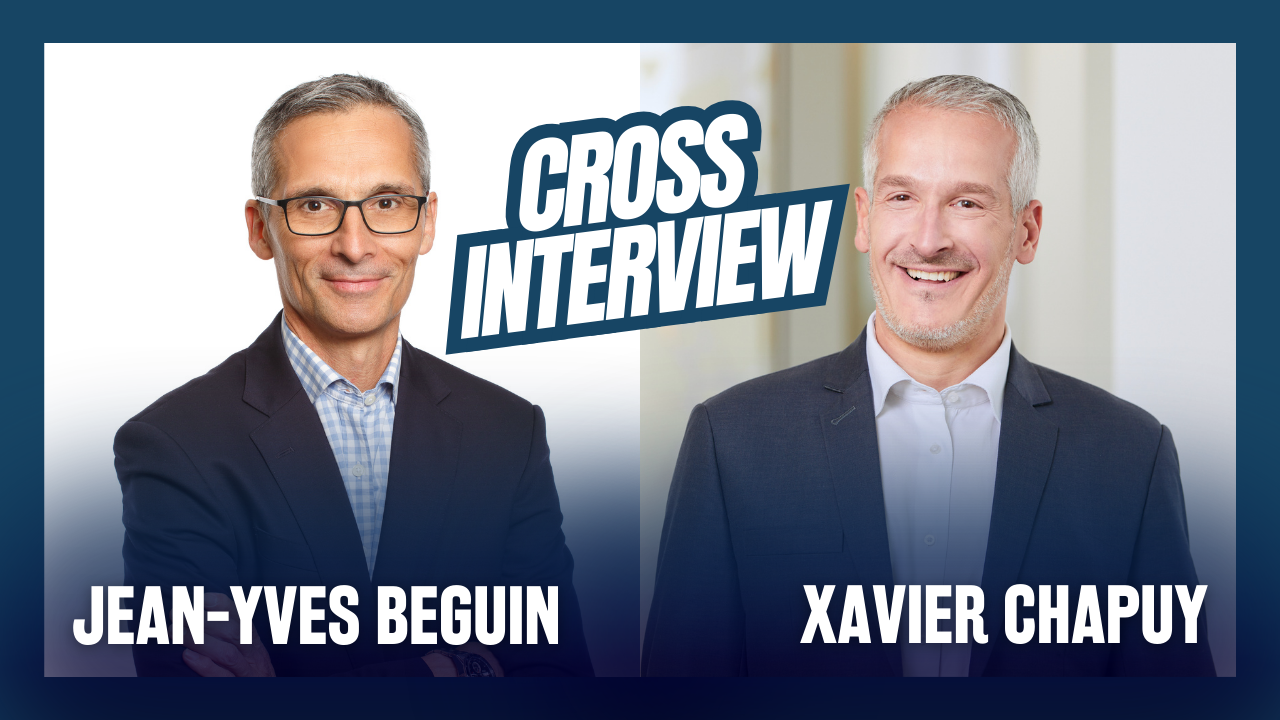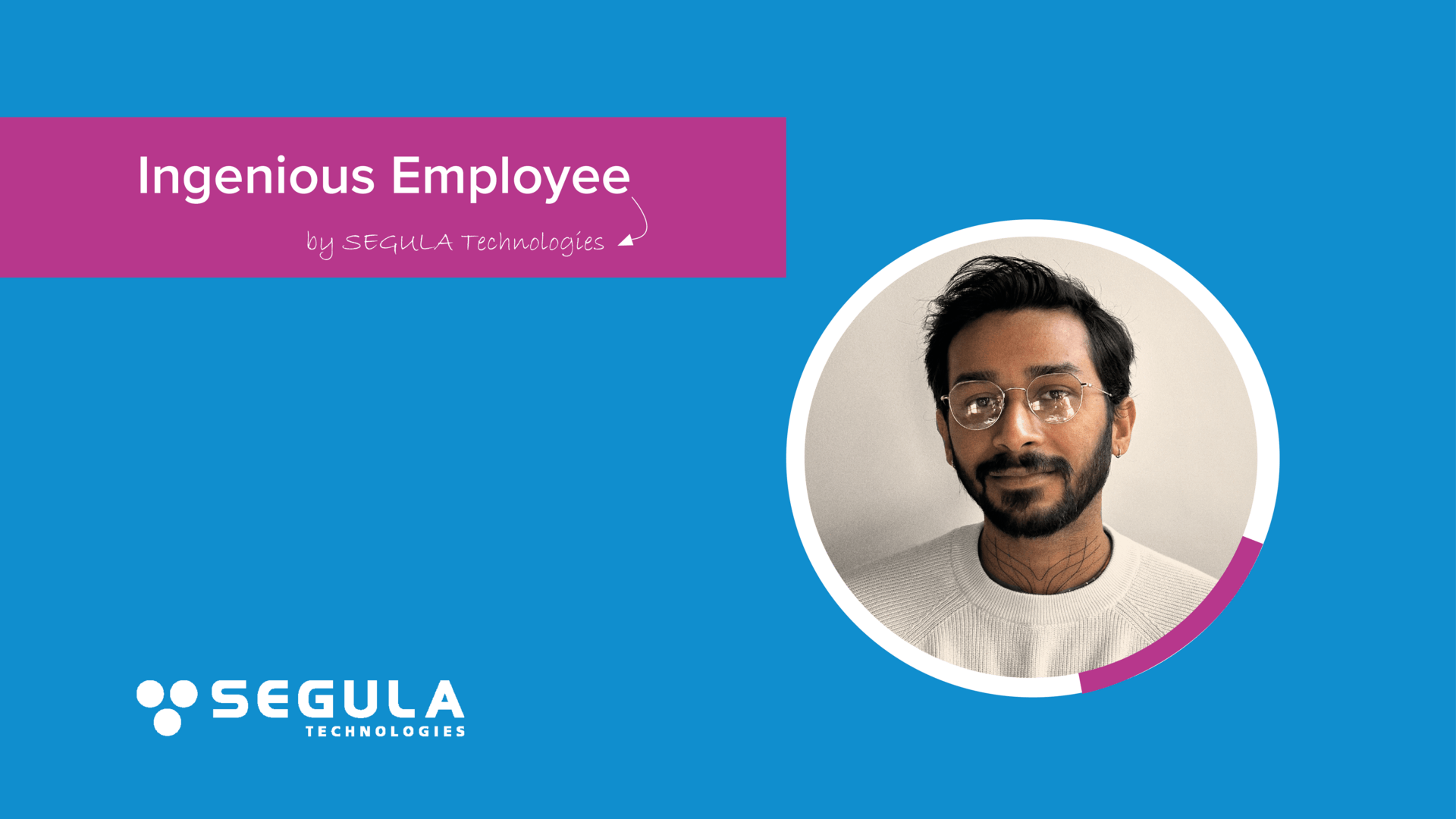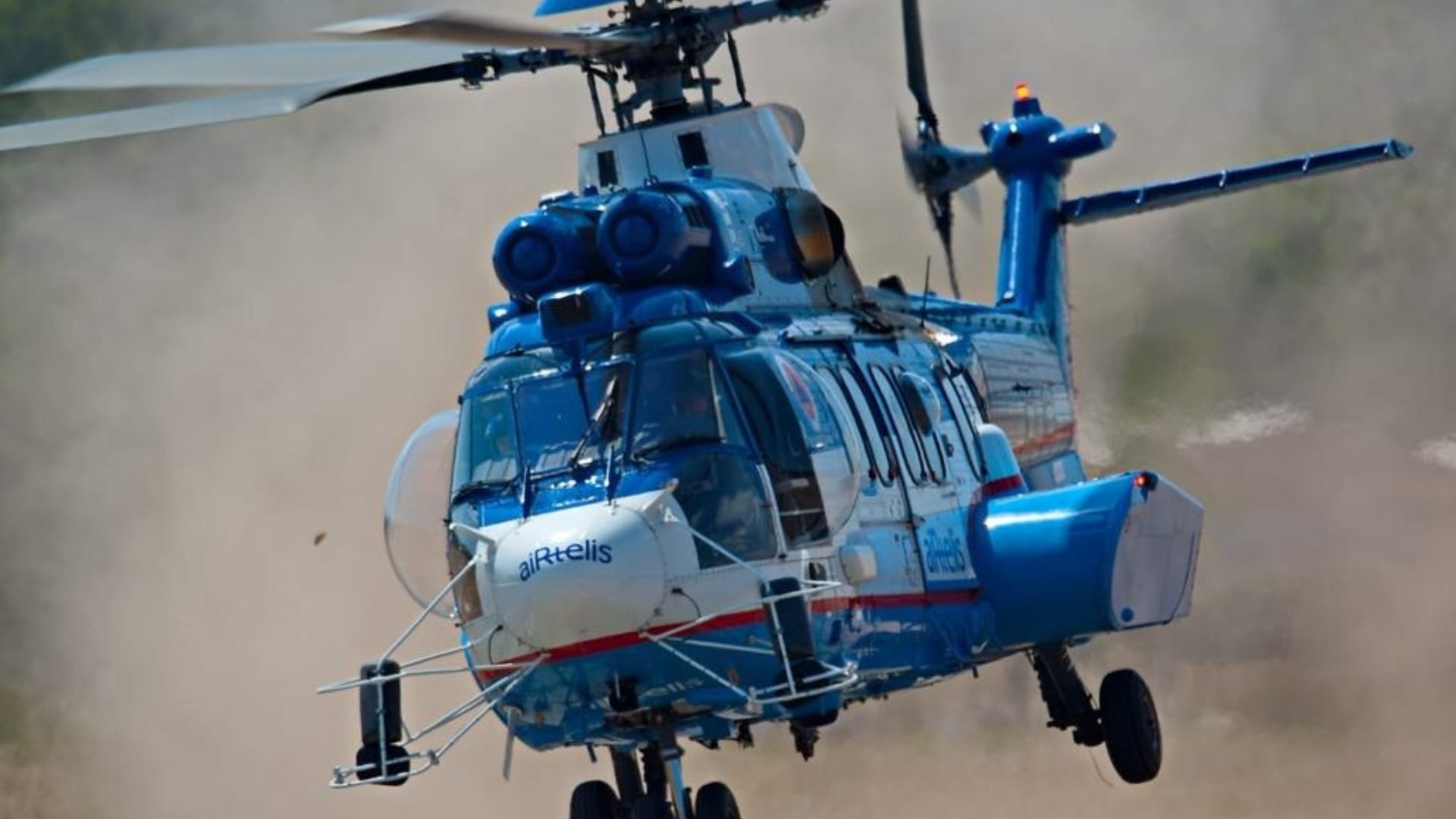Currently booming in North America, engineering group SEGULA Technologies has just set up its Tooling Automation Systems (TAS) division, dedicated to the design of modern automated and robotized production lines. We spoke to Xavier Chapuy, CEO of SEGULA Technologies USA, and Jean-Yves Beguin, Director of the TAS division, about their local development strategy.
Xavier, Jean-Yves, would you first like to briefly introduce yourselves and explain your background?
XC: I have an engineering background. After an international career with PSA Group, I joined SEGULA in 2017, initially for a year in France. In 2018-2019, I participated in the carve-out from Opel/PSA to SEGULA in Germany, where I then headed SEGULA’s Vehicle engineering activities. Following this, I moved to Detroit in March 2022 to take over the management of SEGULA USA alongside a team of very good technical level and very experienced.
JYB: For my part, I’ve come directly from France, where I headed SEGULA’s Tooling Automation Systems (TAS) Europe Division, and joined the SEGULA USA team in the spring. My family joined me, and I’m now based in Dallas, Texas, close to our customers and partners in the southern U.S. and Mexico. Before joining SEGULA, I worked for many years in the Industrial Department of the Stellantis Group. This experience gives me a good understanding of our customers’ expectations and enables me to propose industrial solutions adapted to the requirements of this environment.
As newcomers to the U.S., how do you see the American industrial market?
XC: It’s a huge market, in terms of customers, factories and opportunities for engineers! Since my arrival, I’ve noticed that the American industrial market is currently in a state of flux, due on the one hand to the gradual switch from conventional vehicles to electric vehicles, which require a whole specific production ecosystem (cells, batteries, battery packs, electric vehicle, life cycle), and on the other hand to the constant need for optimization and search for the optimum.
JYB: I agree with Xavier on the dynamism and expectations of this market. The needs are considerable, and European know-how in the eco-design of production lines is well recognized. We support the development of our long-standing customers, while also meeting the expectations of new customers in the local market.
How do you see your role in this market?
XC: As an engineering group, SEGULA Technologies provides key skills to major manufacturers to help them move their projects forward – for example, skills in mechanics, automation, project management, design, programming… There are thousands of them, and I won’t list them all! Our multi-sector positioning (automotive, aerospace, rail, naval, energy…) enables us to build bridges between sectors, enriching them by bringing them the best practices that have helped other industries progress. And as we have design offices all over the world, we can also build bridges between countries: supporting customers in their international expansion, pooling requests to reduce costs, calling on our centers of excellence to provide high-quality offers at competitive prices… We’ll be able to bring our American customers all the experience and know-how we’ve acquired through our previous projects in Europe and the rest of the world.
JYB: I’d like to add a word about the integration business, which we’re launching here to support manufacturers in their drive to modernize their production infrastructures. We structured this production line automation activity in the form of a dedicated division in France in 2015, a division that has expanded into Germany and Romania. Today, in Europe, 400 employees work in this structure, positioning us among the European leaders in the integrator market with automakers and automotive suppliers. We now want to import this know-how and performance to the United States, Mexico and Canada, where we see a real need on the part of the manufacturing industry in this field. By launching a local division dedicated to robotization and automation of production lines, we intend to make our contribution to the industrial competitiveness of these countries.
In practical terms, how do you transpose your know-how from one country to another?
XC: Passing on knowledge is part of the engineering DNA. At SEGULA, we place great importance on collective work between countries, between teams, in order to share best practices. On the one hand, we have the right tools to train our staff in methods, processes or software, and on the other, we make sure that our most experienced employees train the novices. In the context of international projects, this is made possible by the geographical mobility we facilitate within our teams: employees build up their skills, become experts in their field and then move abroad to train teams in other countries – teams from which future experts can in turn contribute to the training of new recruits.
JYB: In setting up our TAS division, we are particularly counting on the support of our colleagues in France, Germany and Romania. We have developed know-how that is appreciated and recognized by our European customers, and it is this that enables us to offer our local customers solutions that break with those of the historical players in this market.
What is your development strategy for the next few years?
XC: Our development strategy in North America is focused on two axes: replication and diversification. Replication, so that we can extend to North America the business we’ve started in Europe with our long-standing customers, and diversification, to conquer new customers or new fields, such as TAS, manufacturing engineering or aerospace and railway engineering. We’re going to develop our U.S. business by drawing on our Group’s international know-how.
JYB: Our strategy for the TAS division is in line with the same logic of consolidating our local presence and then expanding both sectorally and geographically. The projects we have been working on for several months now confirm this strategy. The development of TAS activities will accelerate in all three countries, serving the automotive, rail and aerospace industries.







 FOR A BETTER EXPERIENCE
FOR A BETTER EXPERIENCE